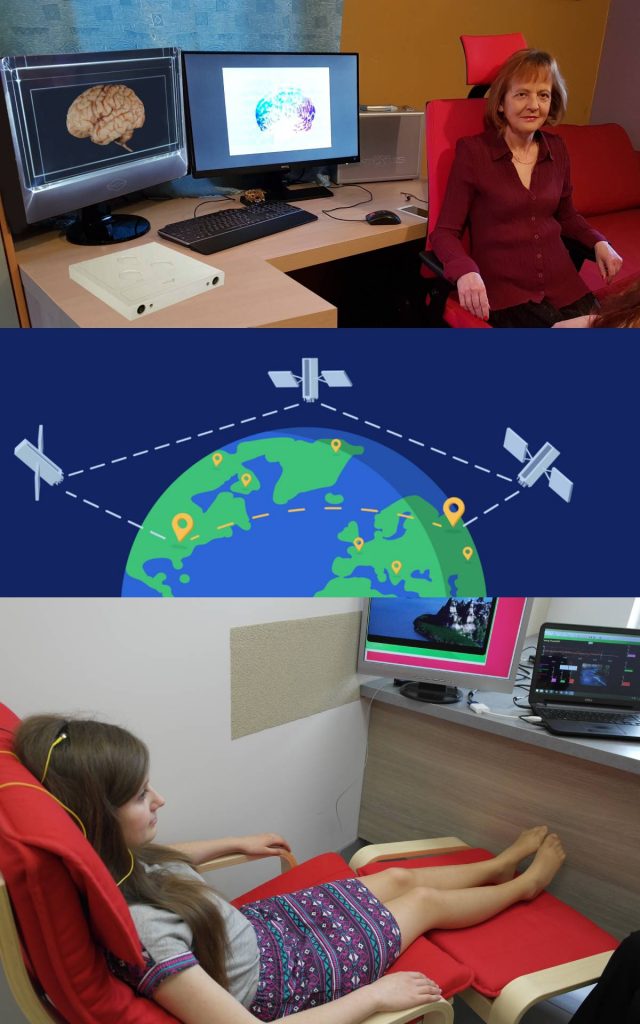
A number of teams are now doing biofeedback training at great distances using telephone lines and/or satellite system connections (Striefel, 2000a). Such practitioners must ensure that they are in compliance with both the laws of the state in which they operate and in the state(s) in which the client who is receiving services is located (Striefel, 2000b). In addition, they must take extra precautions to ensure that client confidentiality is not compromised by inadvertently allowing unauthorized persons to access the session or clients’ data from the session. Carefully documented informed consent is also important when doing such training, e.g. if one is hundreds of miles from the client and he or she has an adverse reaction, how will it be dealt within an ethical and legal manner? By the way, Medicare will now pay for some telehealth psychotherapy services. Procomp requires two-way, audio and video, real-time interactive communication between the patient and practitioner and the patient must be receiving the service in a health care setting, such as a clinic, hospital, or biofeedback office.
Those who use computerized storage of data or electronic billing must also take precautions to ensure that unauthorized access to confidential information does not occur and that one does not send the information to the wrong email address. Encrypting files, passwords, and storing data on discs that can be taken out of the computer and locked up in storage files are all part of the process for ensuring confidentiality of client information.